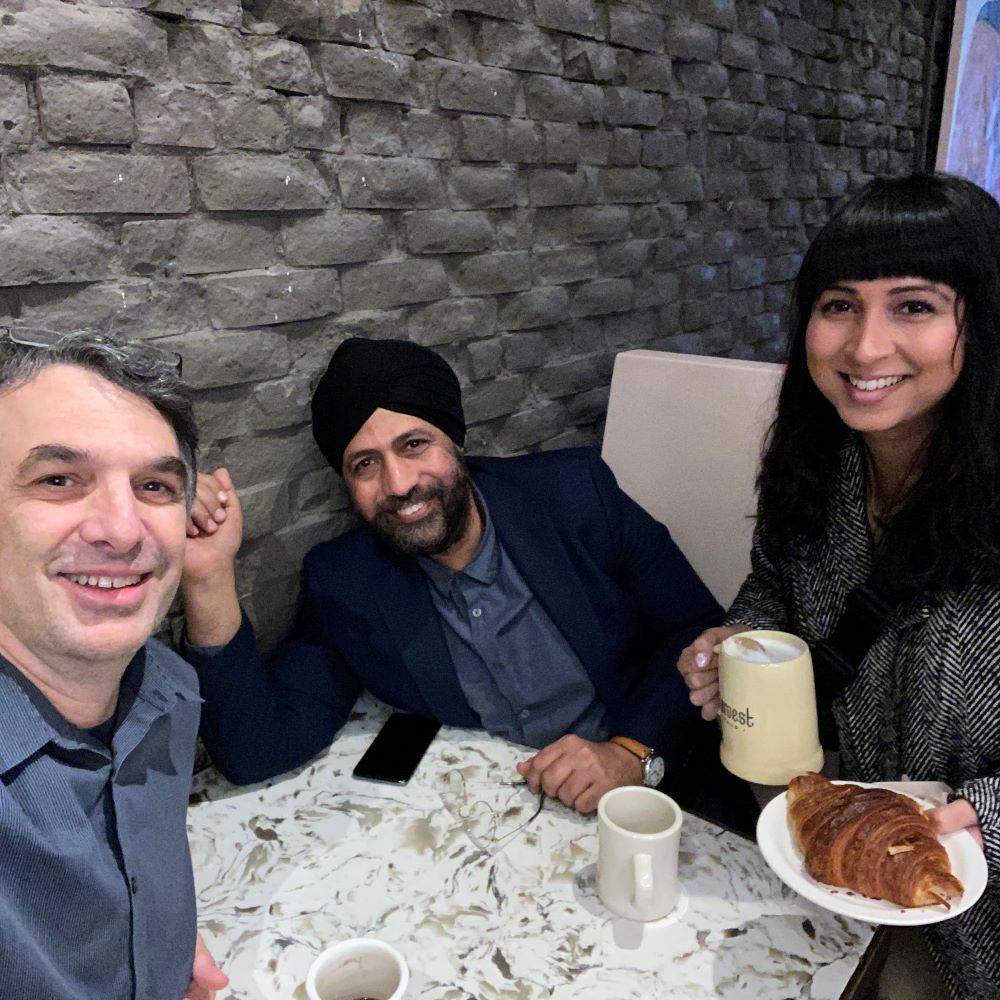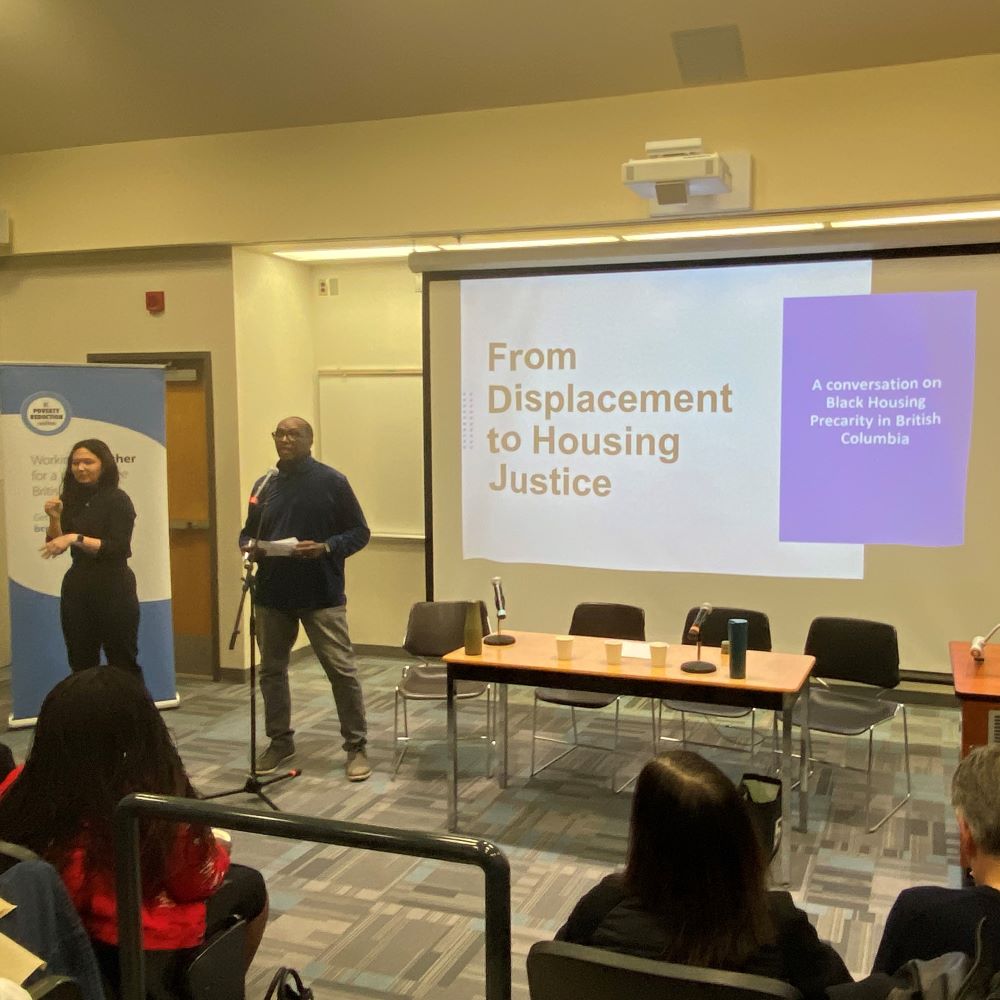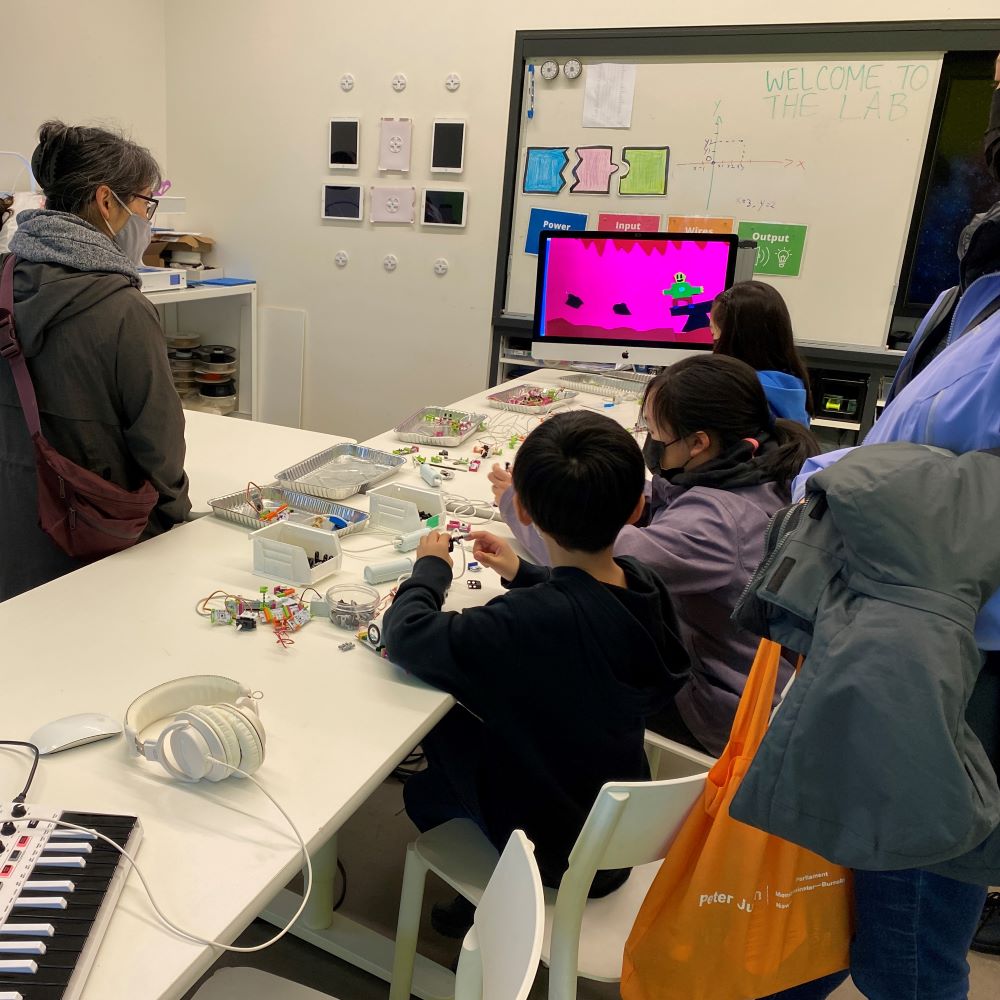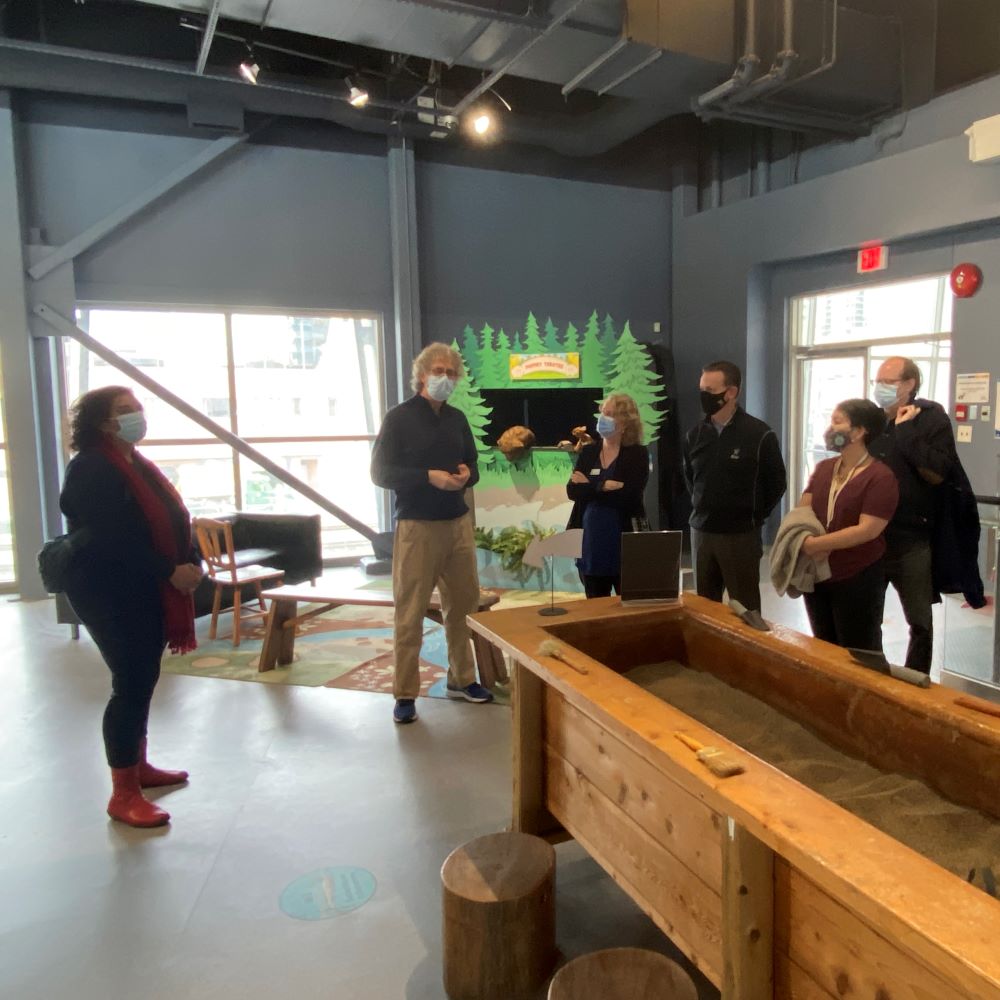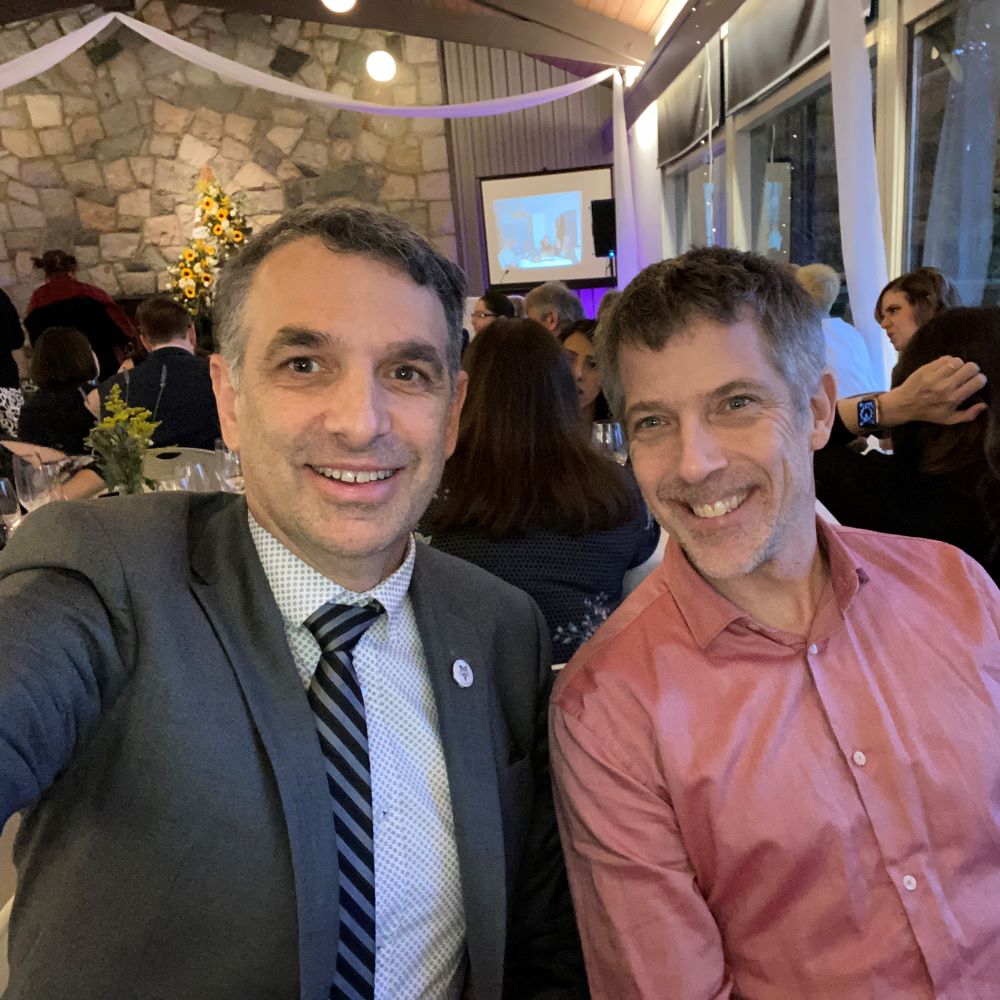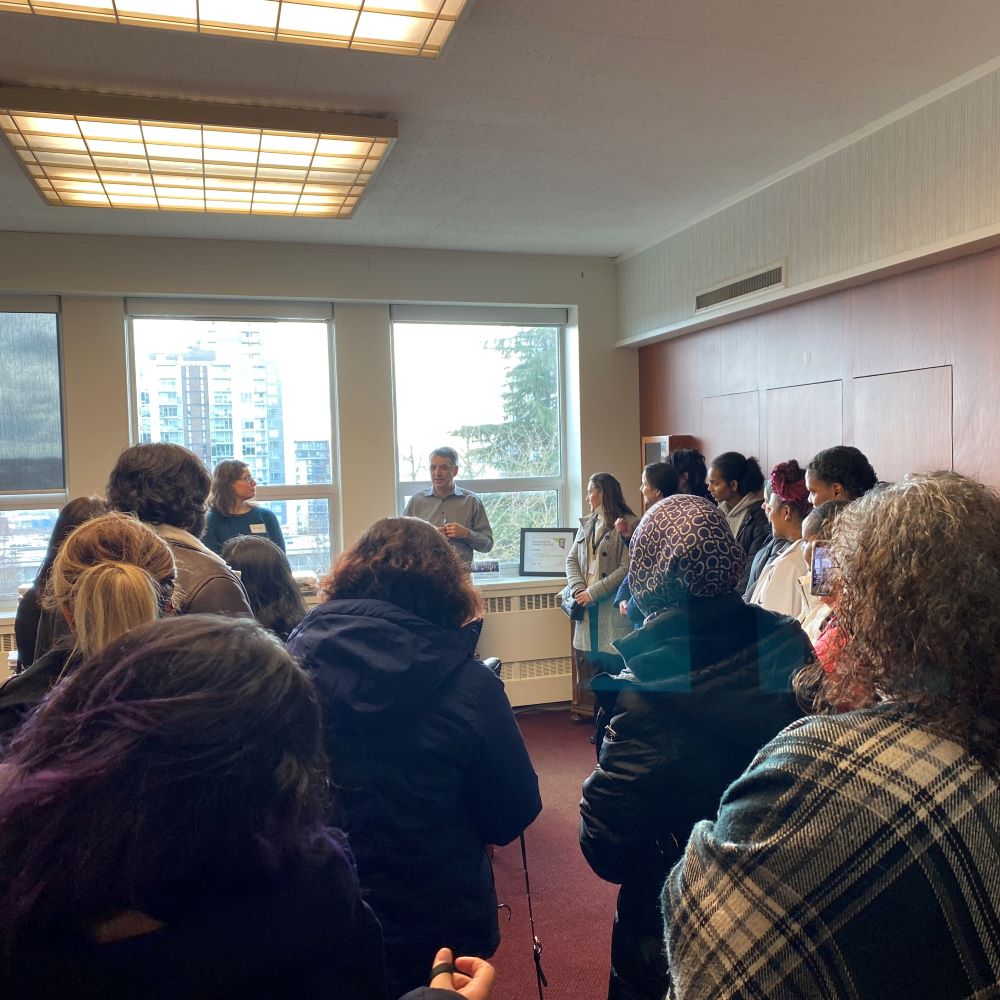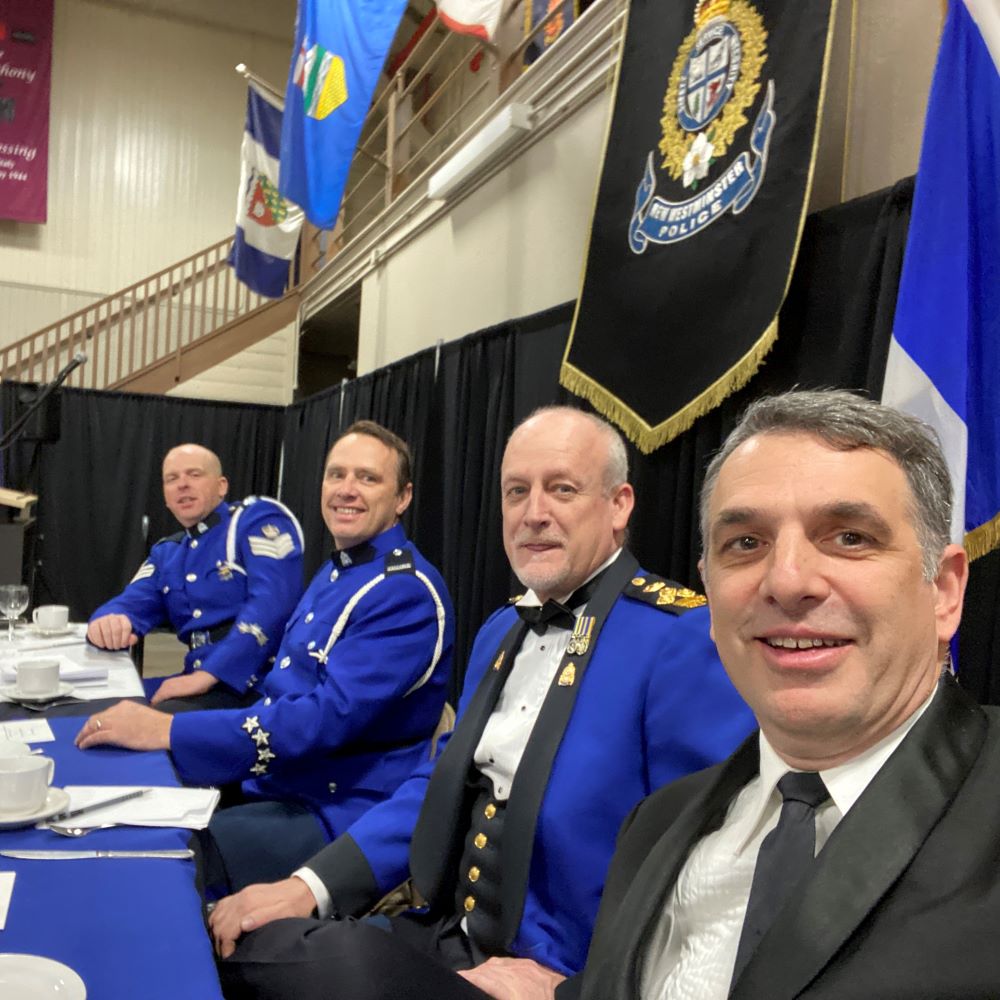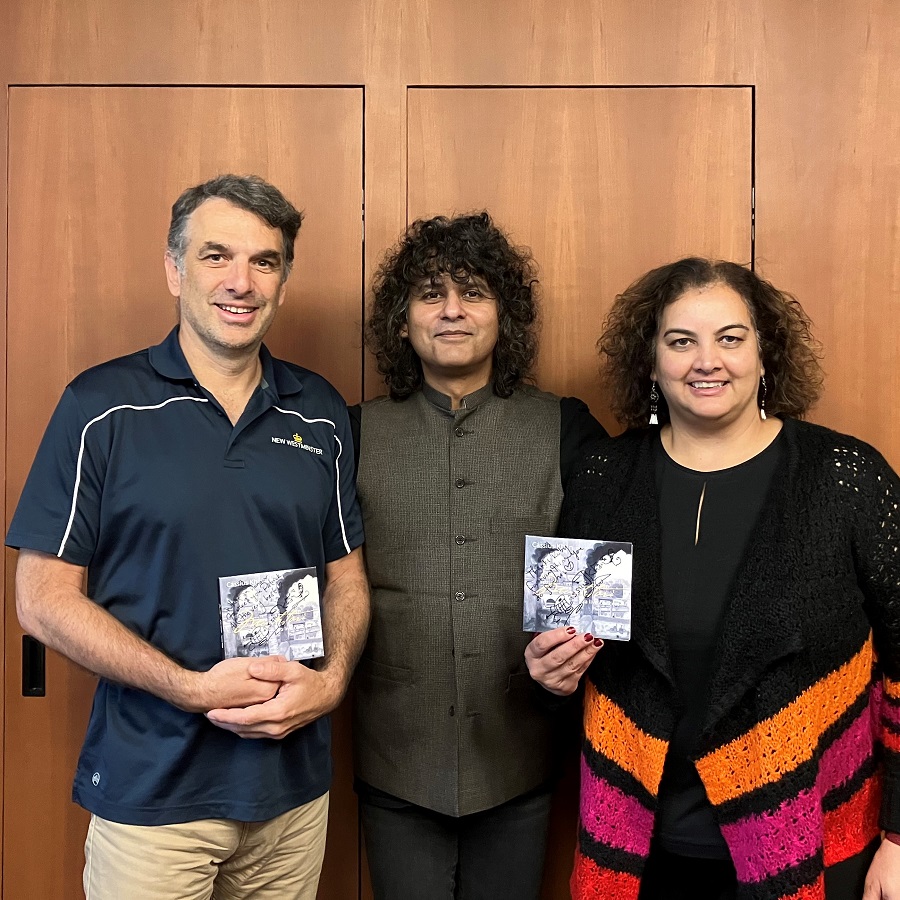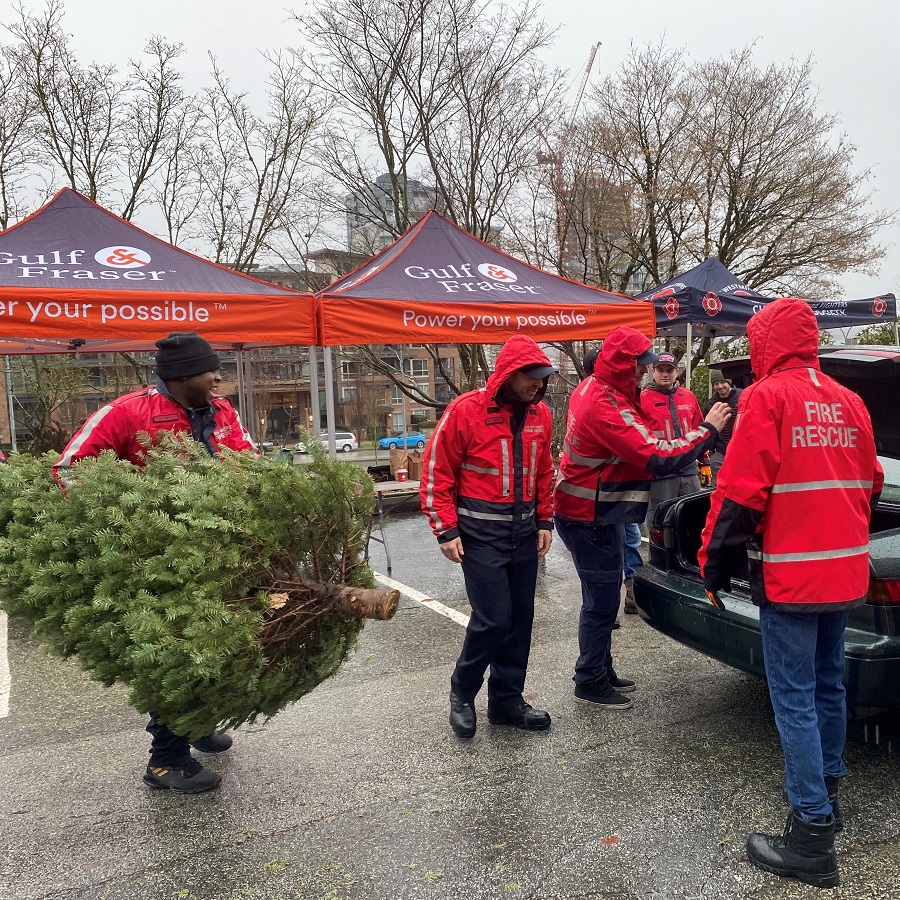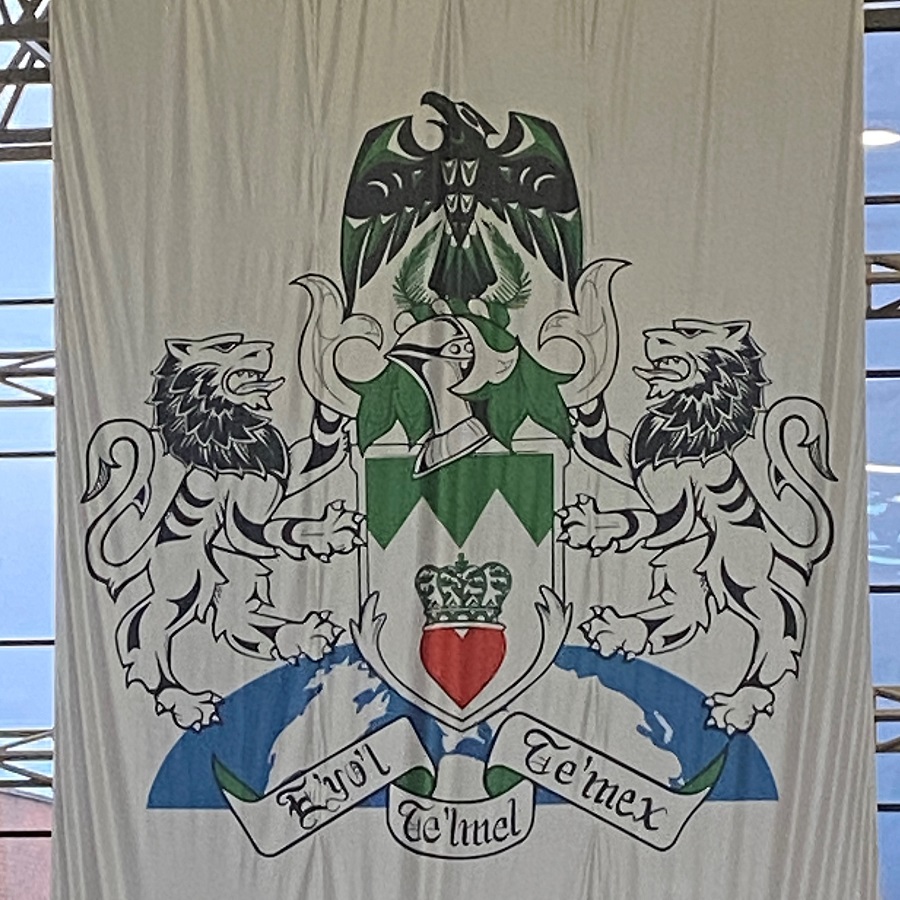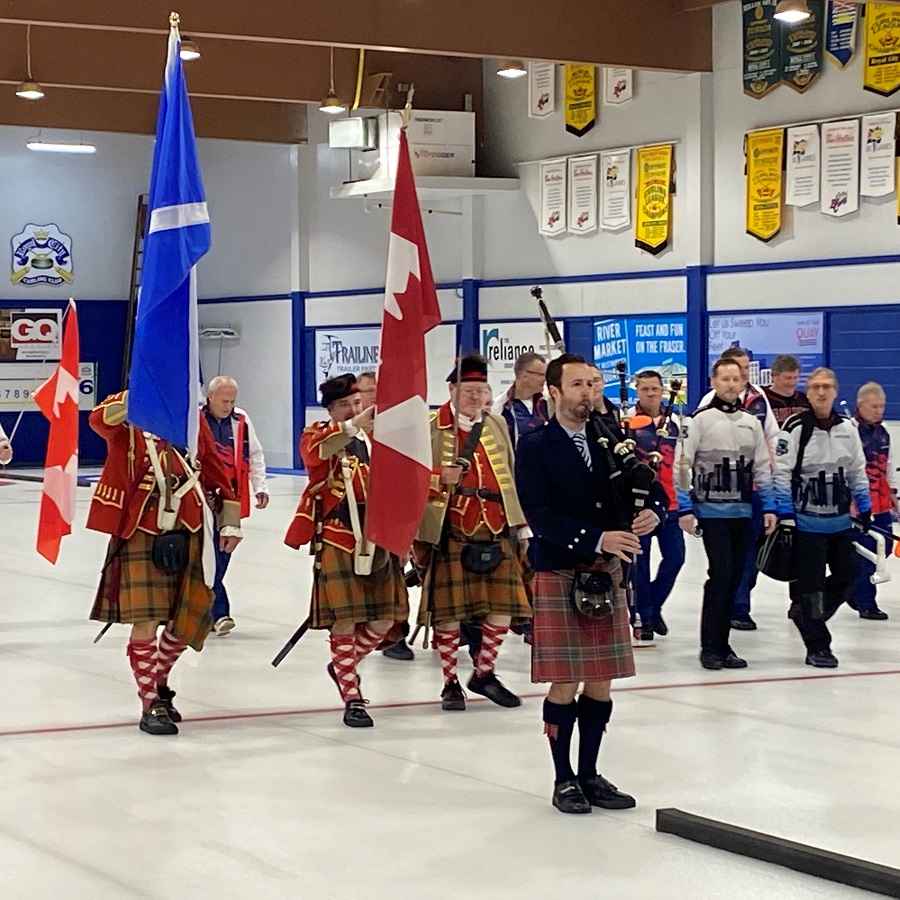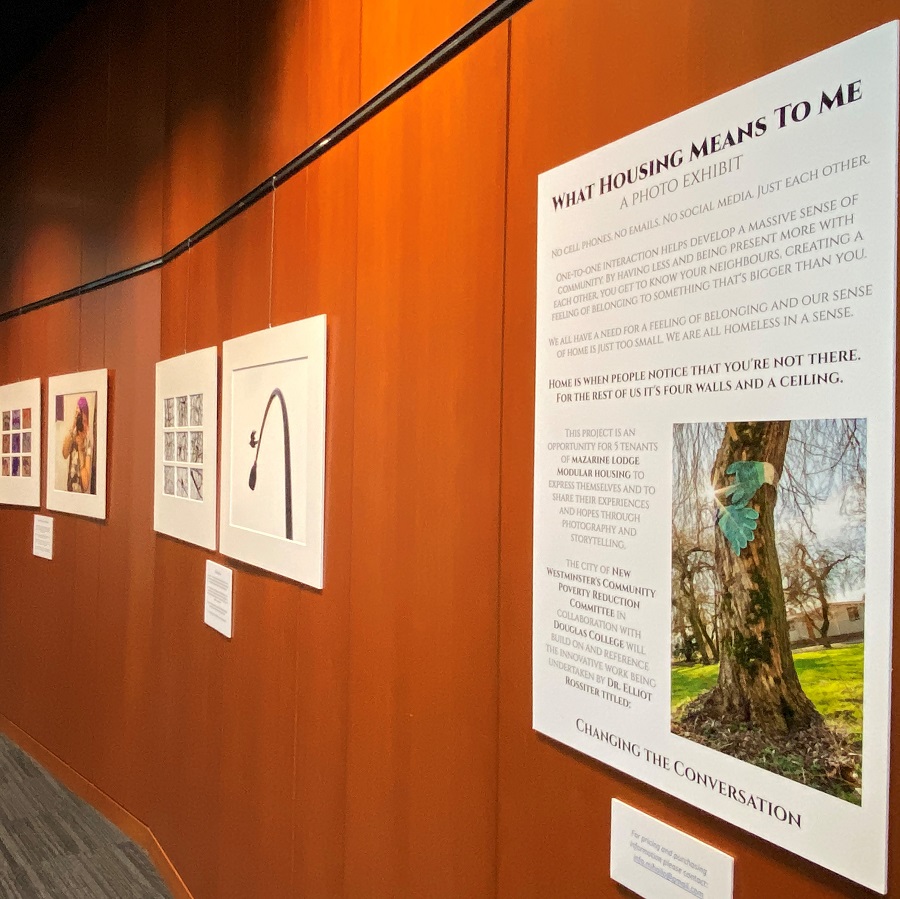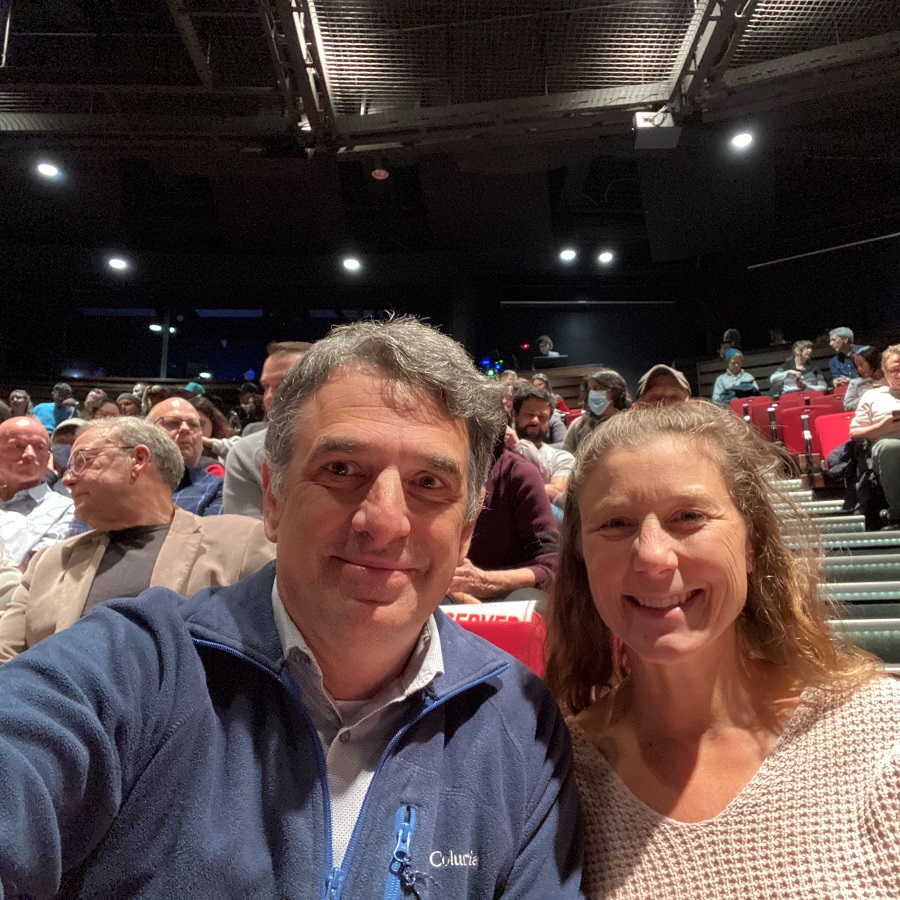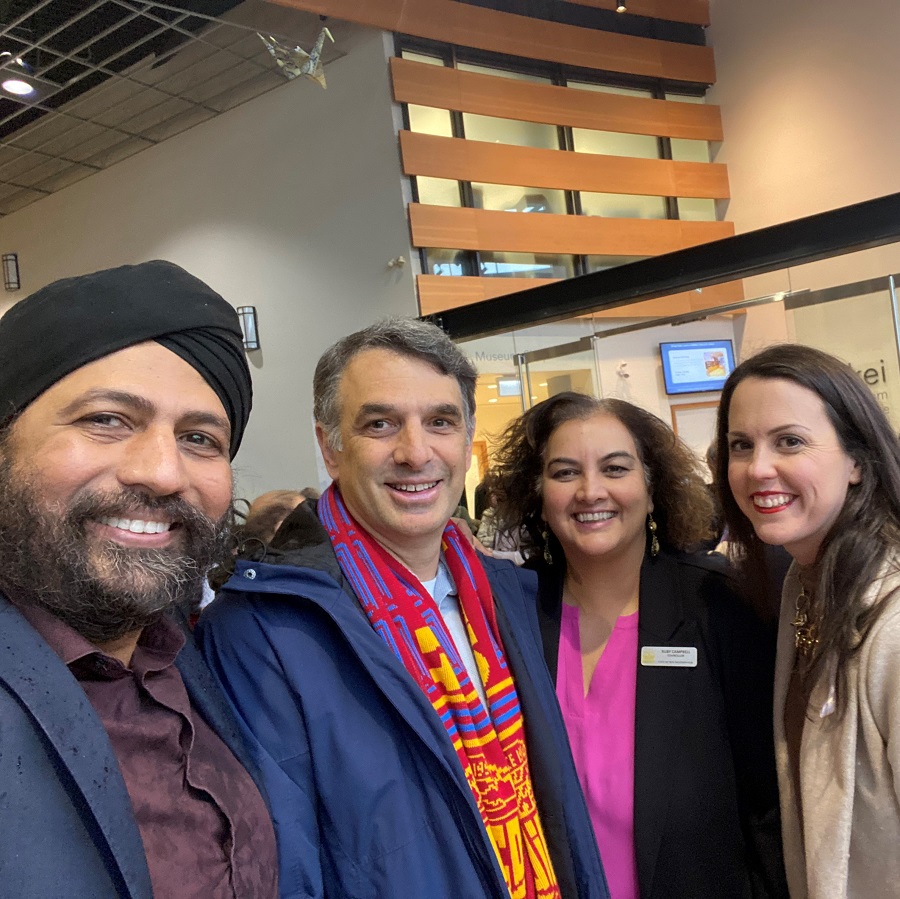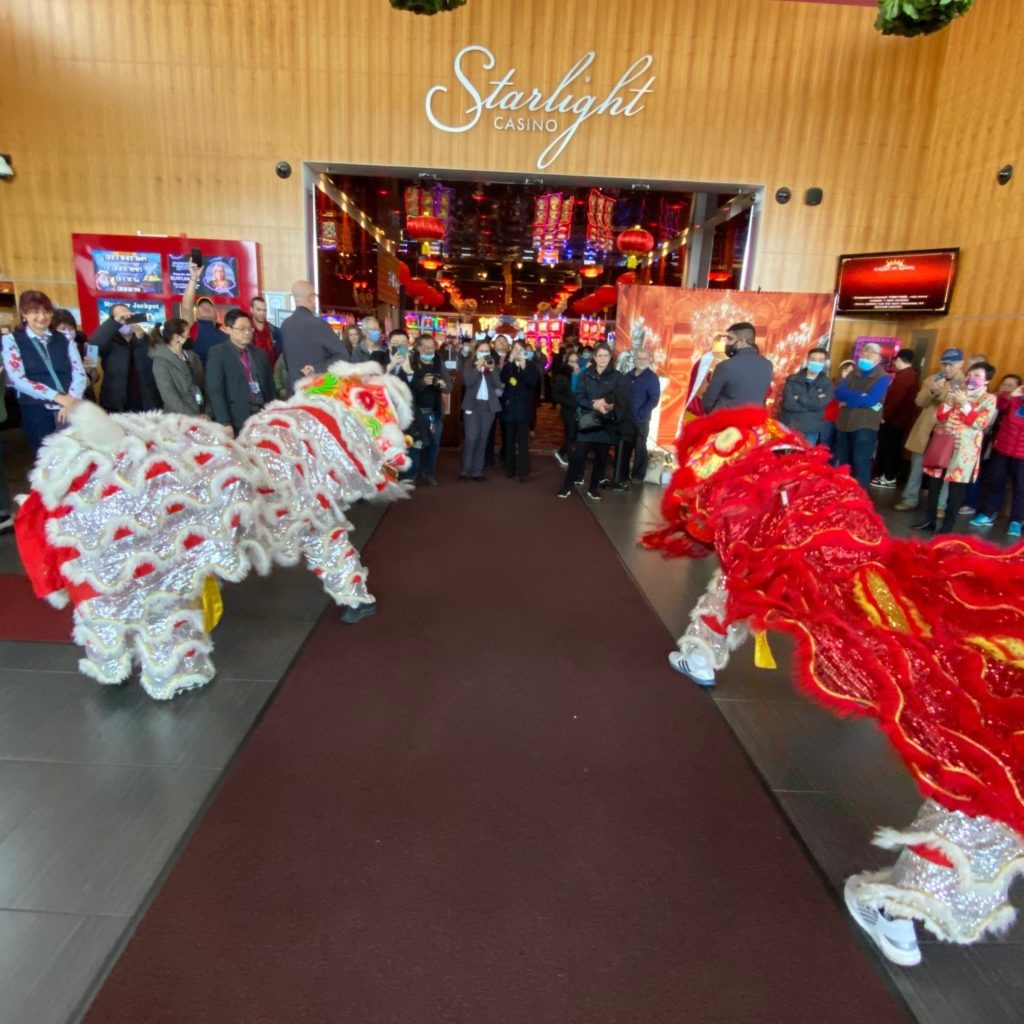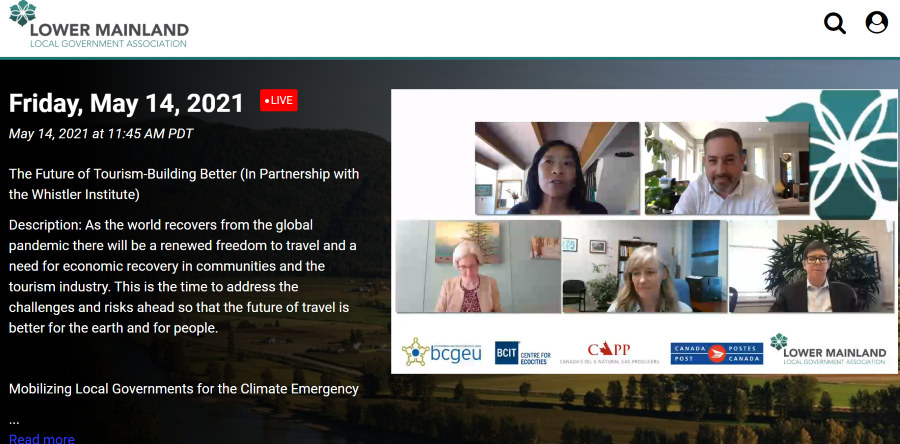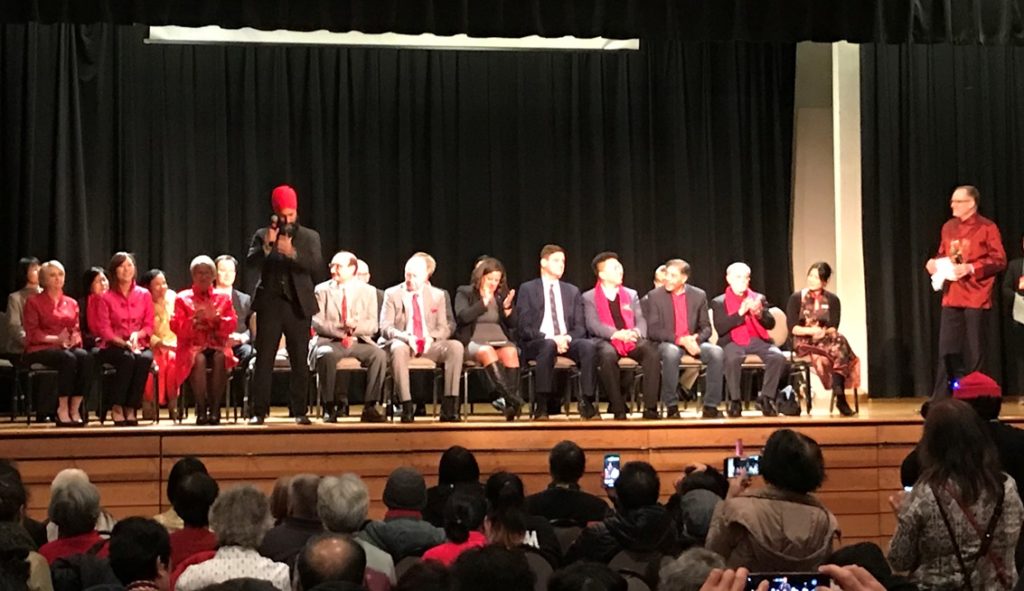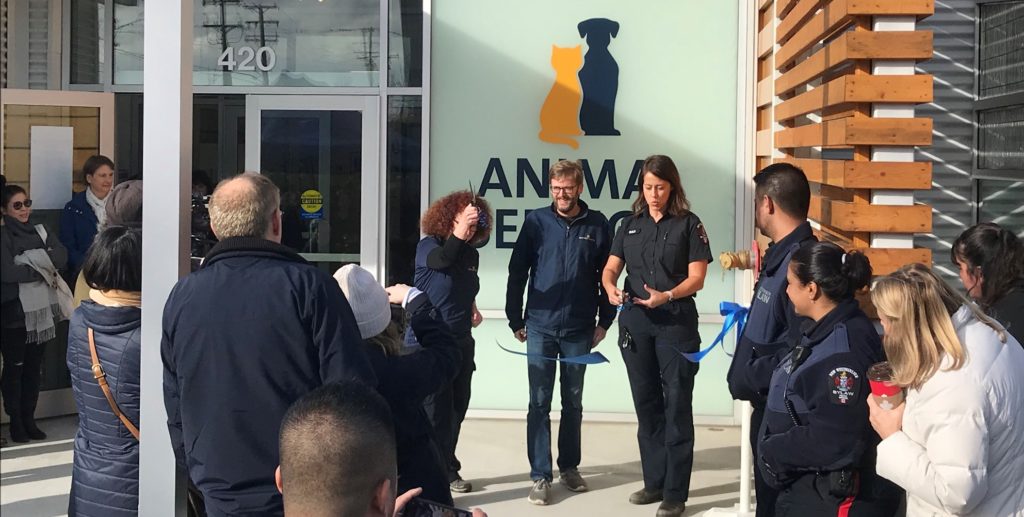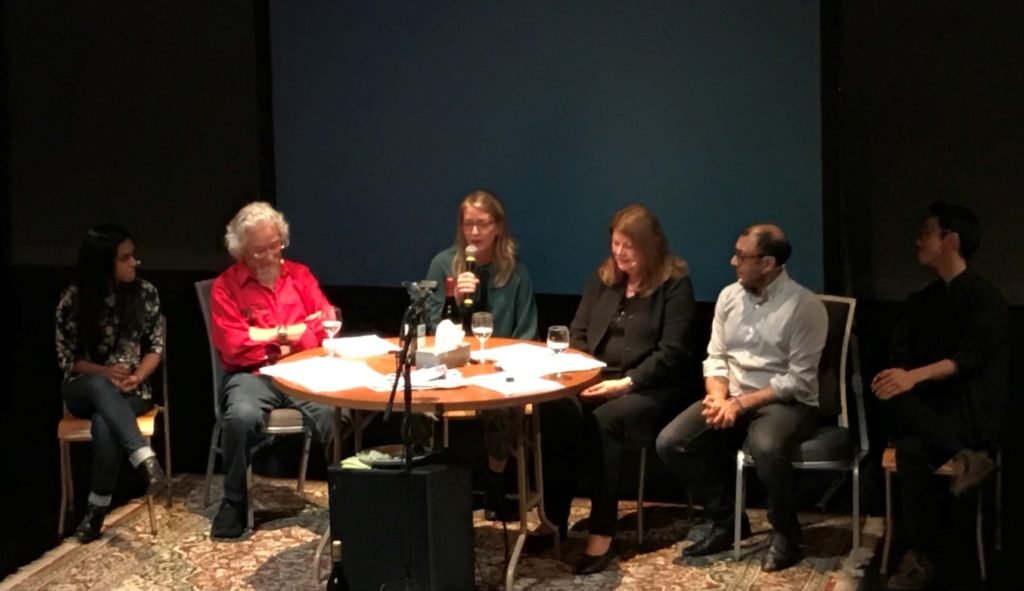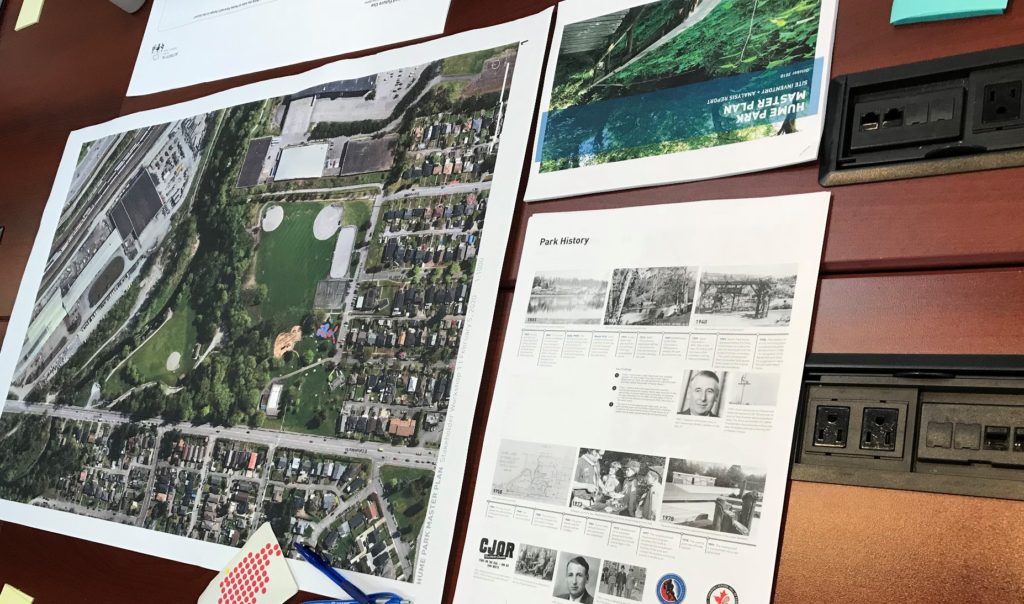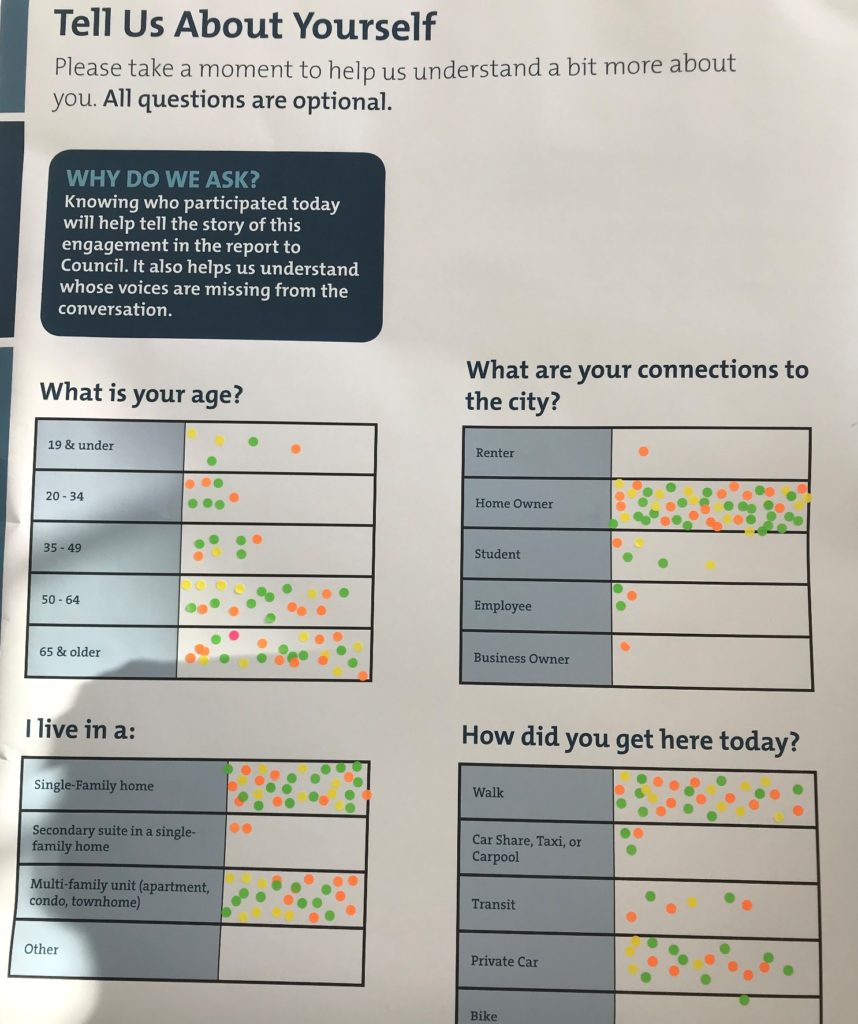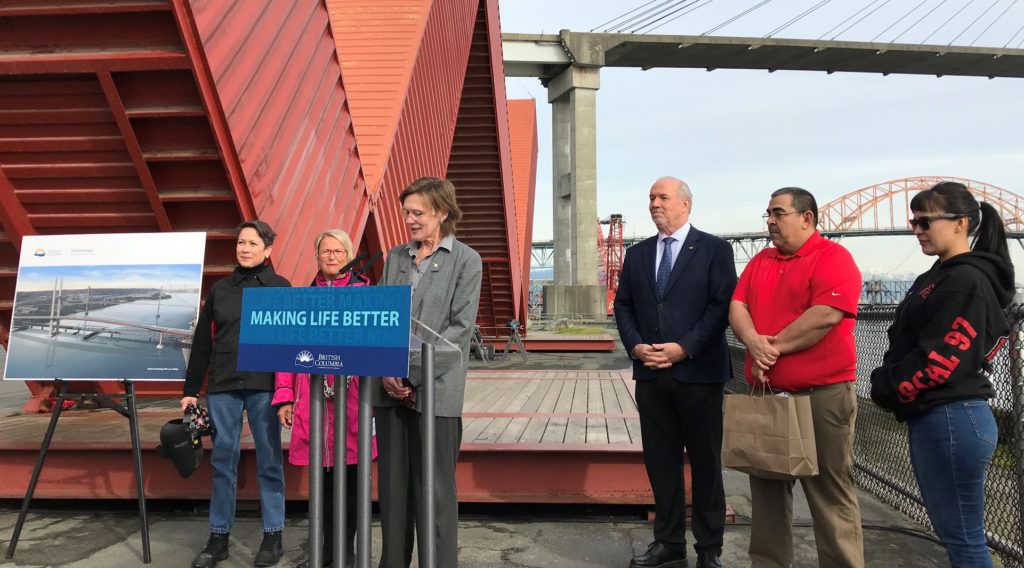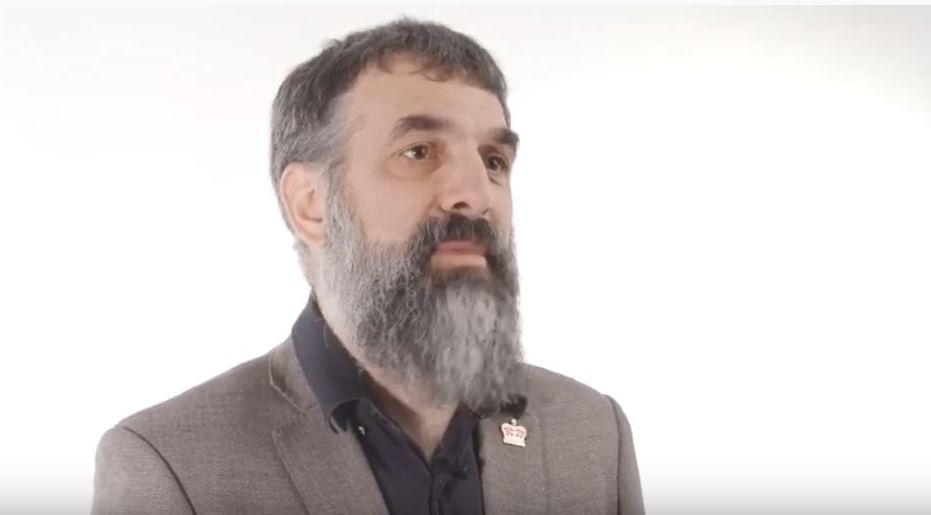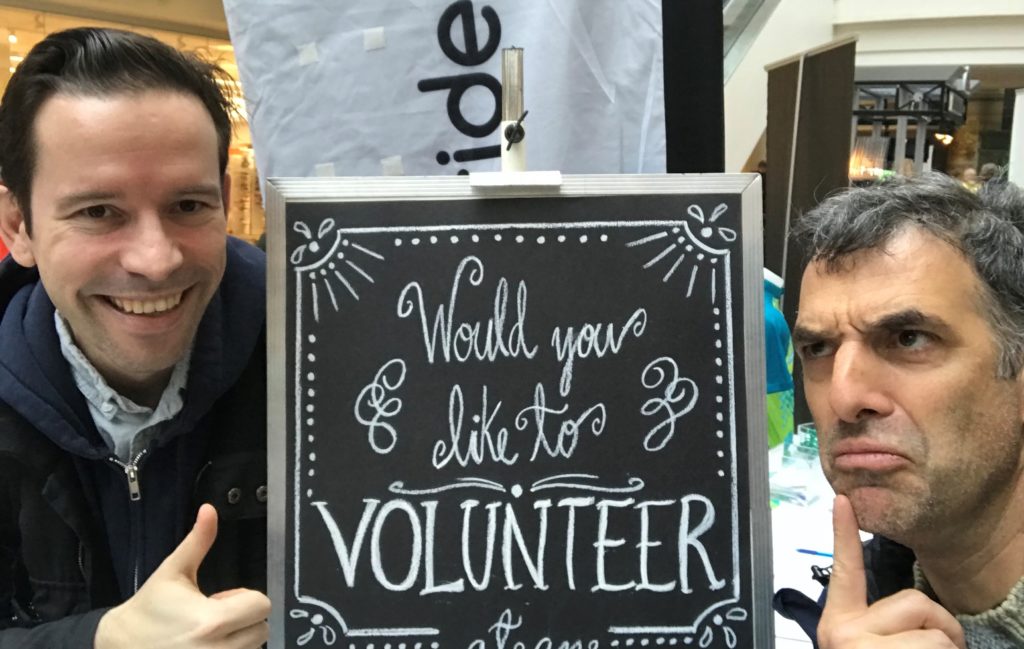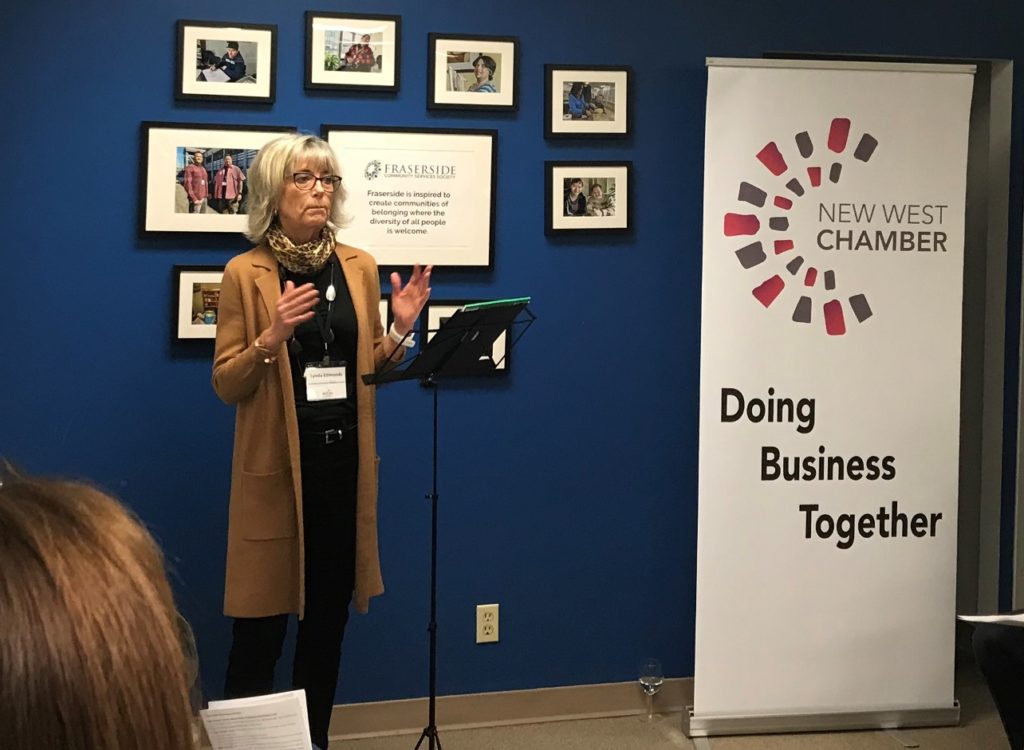This week the Lower Mainland Local Government Association held their annual conference in Harrison. The Lower Mainland LGA is the collective of the elected local government officials of Metro Vancouver, the Fraser Valley, and the Sea-to-Sky, and includes 29 of the 30 municipalities from Hope to Pemberton as members. (bonus guess on who is missing?). All of New Westminster Council attended, and as is my wont, I like to write an (admittedly-biased) review of what happened. This will be a series of blog posts, as there are three main components of the event, but I’ll start with the one that is freshest in my mind, the speeches, and come back to resolutions and sessions in follow-up posts.
Every LMLGA has speeches, political ones from each of the three main provincial parties (mush of our resolution work and discussion at the event is about advocacy to the provincial government) and a keynote.
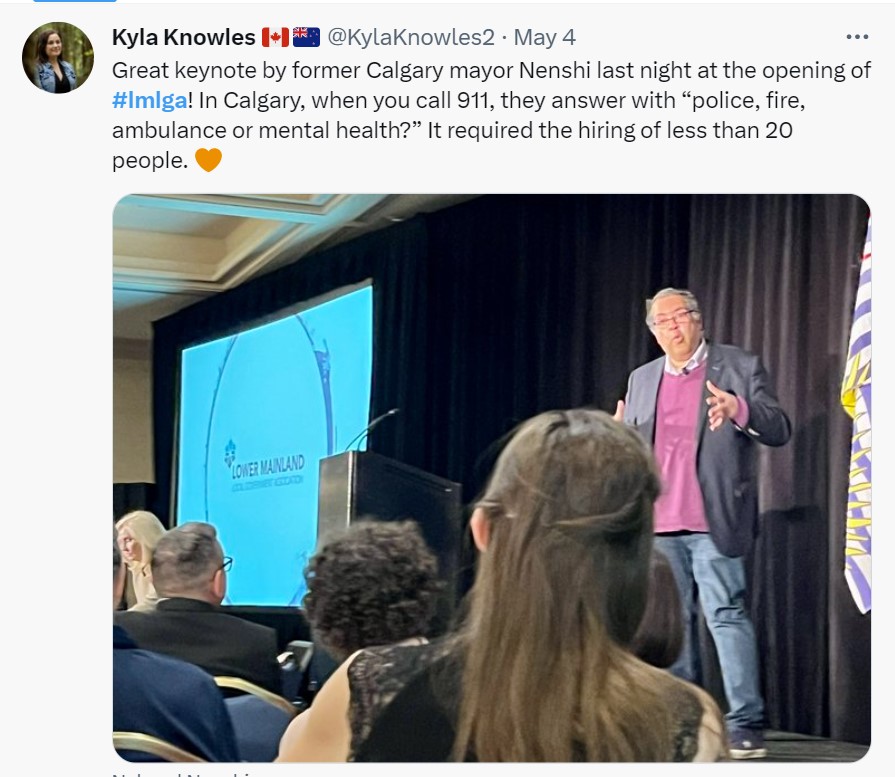
The Keynote in 2023 was from Naheed Nenshi, the recently-more-relaxed former Mayor of Calgary. He spoke about the times and the current challenges of Local Government, and of governance of all forms during the “long emergency” we are experiencing. He spoke of the overlap of 5 crises: The ongoing Pandemic (“It’s not over folks!”); Mental Health and Addictions (Sorry, folks the Alberta Model is not a panacea); Racism and Decolonization (this has been going on for generations, but the need to reckon with it is now and present in all of our discourse); Climate (yeah, he kinds breezed over this, as a guy used to speaking to the Calgary business crowd tends to); and unprecedented inequity (economic inequity is higher now than it was during the Industrial Revolution, than it was during the days of Carnegie and Rockefeller).
He also spoke about his affinity for Purple – not a primary colour, neither red nor blue, but both. He had tried himself to be as non-partisan as possible and found success in speaking to issues, not ideologies. It was interesting to hear him talk about that line, as a Mayor of a fairly progressive local government floating in a sea of conservatism, and after him speaking of the issues above through a lens that most would recognize as a progressive one. But his message of service to the community, of love for your community, should be universal for those called to public service.
His message directed at the crowd at Lower Mainland LGA (elected people recently put in office with three and a half years of work ahead of them) was simple. Forget about the campaign and instead do your work. If you are always talking about the last election or the next one, you are not making good decisions, because you are putting the service of yourself in front of service for the community. Now is the time to Do Your Work, and 6 months before the next election, you can point back at that work, and the voters will decide whether that was enough.
The Leader of BC United, Kevin Falcon, gave a campaign speech that was at times confusing. Much like his speech at the UBCM Housing Summit a few weeks ago (where he told a room of bureaucrats that the last thing the housing crisis needed was more bureaucrats), he perhaps missed his audience here by framing the first half of his speech around the inability of government to do anything useful, while he was talking to a room of people recently elected to do things. There was also a lack of internal consistency in his comments. He spent much of the time saying “government can’t build housing”, and lamenting how ideas to build more housing are hampered by BC Hydro’s ability to supply power, by the need to expand sewers and water and roads. Then he switched to his strategy which was to “Flood the Zone” with new housing, while making no reference to the problem with that approach he just talked about. So, a campaign speech.
The speech was also notable in his unique discretion in only saying “Catch and Release” a single time. And once again, he made it clear to everyone he *Really Loves* the current members of Vancouver city council, and *really hated* the old ones. It is unclear how he stands on the majority of Vancouver councilors who were both on the old council and the new one. Maybe I’m missing some nuance here.
Sonia Furstenau of the BC Greens gave a Sonia speech, in that her approach to these events is so notably different than most politicians. She clearly riffs off of her notes, sometimes far off, but speaks about what she is hearing and feeling in a human way. She is also talented at finding parallels with the points made by others (you should never want to go before Sonia on the agenda if you have the option) and reframing them in creative ways. Example: like Falcon, she wants to “focus on outcomes” – but she is more directed in asking what those outcomes are, and who they serve? At each point, she talks at a deeper level, and challenges us to do the same.
There is a luxury in being the Third Party, but Sonia uses that privilege effectively. She is able to get meta (as the kids say), look at the debates we are having and raise the question “why”? If our processes and debates don’t let us agree on the starting point, don’t let us work from the same data, how will we ever agree on the path to better outcomes? A good example is in how she talks about question Period in the Legislature, when the two parties (for the most part) yell at each other hoping for media quotes. She asks – how does this serve anyone? What would question Period look like if we centred the people being served? If we talked about policy outcomes and took that service seriously? Dare to dream.
The NDP were represented by “our” Minister, Anne Kang of Municipal Affairs (though Minister Bowinn Ma was also on a panel on Friday). She opened in referring to herself as the “Minister of Friendship” – and her first goal being to get to know and meet with the local government leaders around the region. This is a big task with ~180 Local Governments, but Minister Kang has been working hard to make those connections. Spending time as a City Councillor herself, she was able to relate to the folks in the crowd, and received more applause than perhaps the other folks giving Friday speeches on Friday – the benefit of being able to talk about the $1billion Growing Communities Fund and other funding the Province has sent to local governments (Library funding perhaps the most popular in this crowd – note to all current and future Ministers of Municipal Affairs).
She had a few great lines (“Alberta may be calling, but only because this is the place people actually want to live”) but her speech (to my taste) leaned a bit too much on the speaking notes, and not enough on her personal experience in local government and her personal learnings from her first few months on the job. She is new to the role, and has room to grow in it, but the best part was her clear willingness to make the connections that Local Government needs in Victoria.
This points a bit to the overall tone of the room during these speeches, and over the three days. When I was first attending these Lower Mainland LGA and UBCM events 8ish years ago, relations between the Provincial Government and Local Governments were strained. There are, of course, local elected people across the political spectrum, but 8 years ago the lefties and the righties seemed fairly aligned on the idea that the province was doing local governments few favours. This shifted when the NDP got elected. Minister Robinson was “one of us” (a Local Mainland LGA Executive member!) and a bridge builder, as was Minister Osborne. The provincial government was present again at Lower Mainland LGA and UBCM events, and were actively engaging local government. Most of the lefties and the righties agreed this was a breath of fresh air, and received this support warmly, even if some begrudgenly did so.
After a few years of not meeting like this, and with the NDP now owning a long enough legacy of successes and failures, It was clear the room was more divided along partisan divisions than I ever remember feeling before. Perhaps this is “regression to the mean” after a decade of anomalous swings, maybe it is the room half full of new folks trying to find their place and their voice. But I’m afraid the message of Mayor Nenshi may have fallen on ears less purple than we might hope.
 I got to stand next to a ribbon being cut! This for the KIDS Queensborough Childcare centre, built through a partnership between the City, the Province, and Anthem Properties. This is a City-owned building that the development built as an amenity as part of their townhouse development, with funds from the City and the province to fit the spaces out.
I got to stand next to a ribbon being cut! This for the KIDS Queensborough Childcare centre, built through a partnership between the City, the Province, and Anthem Properties. This is a City-owned building that the development built as an amenity as part of their townhouse development, with funds from the City and the province to fit the spaces out. I took a quick trip over to Victoria for the Municipal Finance Authority Annual General Meeting (New Westminster is a member). While I was there I was able to set up a couple of side-meetings, including with Jason Lum, who is Chair of the Fraser Valley Regional District and an all-around great guy. We talked about Metro-FV alignment on flood preparedness, air quality, and inter-regional transportation in preparation for the Lower Mainland LGA meeting coming up in May.
I took a quick trip over to Victoria for the Municipal Finance Authority Annual General Meeting (New Westminster is a member). While I was there I was able to set up a couple of side-meetings, including with Jason Lum, who is Chair of the Fraser Valley Regional District and an all-around great guy. We talked about Metro-FV alignment on flood preparedness, air quality, and inter-regional transportation in preparation for the Lower Mainland LGA meeting coming up in May. I also went out to the Fraser Valley to join Metro Vancouver senior staff and Board Members for a two-day Strategic Planning session that was informative and at times challenging, with the massive scale of infrastructure work Metro needs to do in coming years.
I also went out to the Fraser Valley to join Metro Vancouver senior staff and Board Members for a two-day Strategic Planning session that was informative and at times challenging, with the massive scale of infrastructure work Metro needs to do in coming years. New Westminster hosted (for the first time!) the
New Westminster hosted (for the first time!) the  Vaisakhi was on April 14th, and the good folks at the Gurdwara Sahib Sukh Sagar wanted to “share the harvest” and thank City staff for their work thought the pandemic, and offered a free lunch to crews at the City’s Works Yard. The food was delicious, and we lucked out with a sunny day that made for a great picnic for staff. This was a really generous offer by the folks at the Gurdwara, and it was great to be able to break bread with the outdoor crews in such a casual setting.
Vaisakhi was on April 14th, and the good folks at the Gurdwara Sahib Sukh Sagar wanted to “share the harvest” and thank City staff for their work thought the pandemic, and offered a free lunch to crews at the City’s Works Yard. The food was delicious, and we lucked out with a sunny day that made for a great picnic for staff. This was a really generous offer by the folks at the Gurdwara, and it was great to be able to break bread with the outdoor crews in such a casual setting. The Local HUB Cycling chapter invited me to their monthly meeting to talk about what the City is doing for active transportation, and to let me know what they see as the big priorities in the year ahead.
The Local HUB Cycling chapter invited me to their monthly meeting to talk about what the City is doing for active transportation, and to let me know what they see as the big priorities in the year ahead. Like many Local Government folks around the region, I attended the UBCM Housing Conference in Vancouver. I don’t remember there ever being an event like this, with so many elected folks and planning staff from local governments, provincial government representatives (including the leaders of all three Provincial parties) and housing providers in the same room, talking about the need for different and more aggressive approaches to getting housing approved and built. The panels were great learning, but the networking and connections were the most valuable part, especially for the new members of Council.
Like many Local Government folks around the region, I attended the UBCM Housing Conference in Vancouver. I don’t remember there ever being an event like this, with so many elected folks and planning staff from local governments, provincial government representatives (including the leaders of all three Provincial parties) and housing providers in the same room, talking about the need for different and more aggressive approaches to getting housing approved and built. The panels were great learning, but the networking and connections were the most valuable part, especially for the new members of Council. One of the Conference days, I slipped out for an hour to run across the street and see the
One of the Conference days, I slipped out for an hour to run across the street and see the  I also dropped by the opening of the
I also dropped by the opening of the  A few members of Council attended the Fraser River Discovery Centre Hall of Fame induction of SRY and SeaSpan. It was great to meet more of the people who work on the river, and bend the ears of the Port and marine carriers about our common interests.
A few members of Council attended the Fraser River Discovery Centre Hall of Fame induction of SRY and SeaSpan. It was great to meet more of the people who work on the river, and bend the ears of the Port and marine carriers about our common interests. And finally, Earth Day came and went, which brought a lot of activities to the City. I joined the Family Bike Ride organized by a couple of local “Rad Moms” and Babies for Climate Action with some support for the local HUB chapter. A few folks there were unsarcastcially thankful of City of New West for building safer bike infrastructure, though they do still need work to do to make the network complete.
And finally, Earth Day came and went, which brought a lot of activities to the City. I joined the Family Bike Ride organized by a couple of local “Rad Moms” and Babies for Climate Action with some support for the local HUB chapter. A few folks there were unsarcastcially thankful of City of New West for building safer bike infrastructure, though they do still need work to do to make the network complete.













